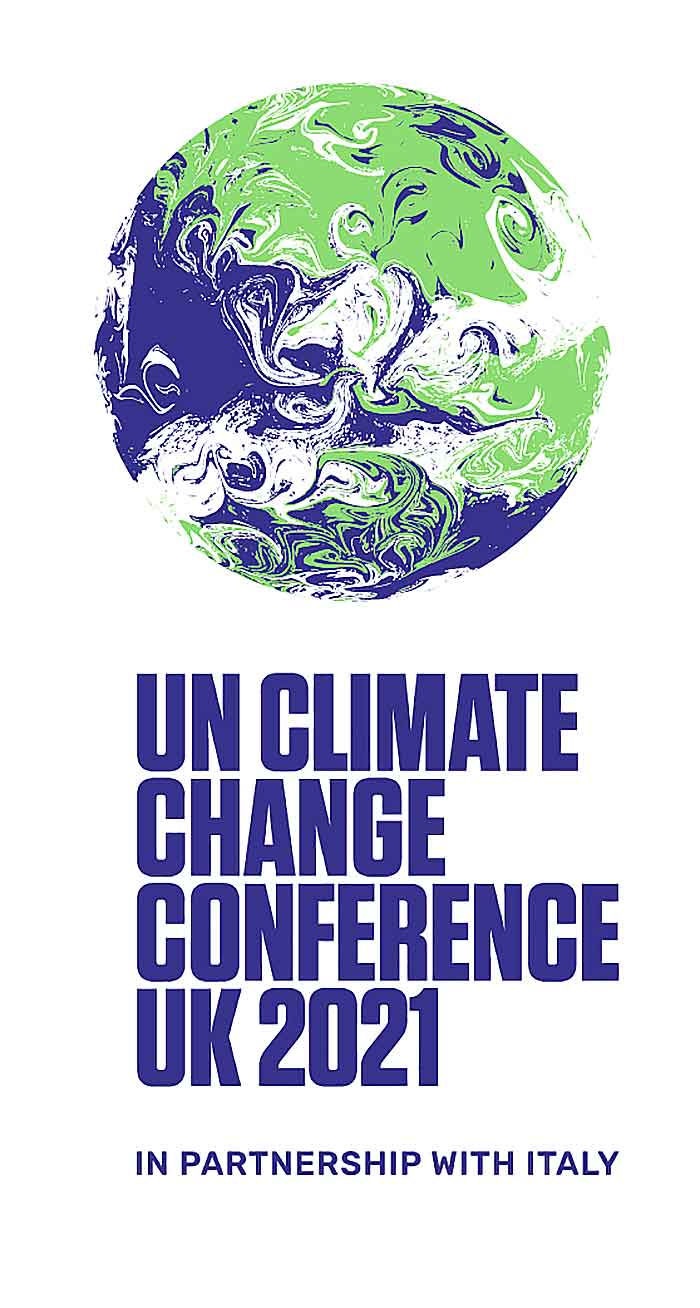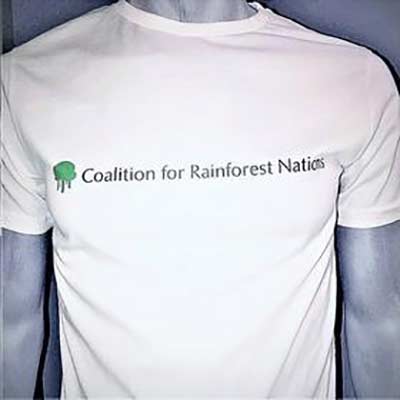Was COP 26 a Success for Rainforests?
COP26 was a highly anticipated event. Scheduled to take place 5 years after Paris and postponed due to covid-19 in 2020, over 200 nations gathered in Glasgow with last month to increase their commitments to cut carbon emissions and help slow the climate emergency. In some ways, Glasgow delivered. Major commitments were made on ending coal, stopping methane leakage, and most importantly for CfRN – saving the rainforests. But in other ways, Glasgow fell flat. National commitments were not nearly enough and climate finance for saving rainforests was woefully low and unrealistic. The agenda of the Global North dominated, whereas the interests of developing countries and their people – who feel the brunt of the climate emergency – were punted to COP27, Egypt next November.
The CfRN team, led by Kevin Conrad, executive director, and Federica Bietta, managing director, and high-level representatives from our rainforest countries around the world banded together and spent their time in the negotiating rooms until the very end – often late into the night.
Watch our webinar to learn want happened beyond the media headlines at COP26, Glasgow.
Kevin and Federica will offer their reflections on:
- What was (and wasn’t) achieved for the world and for rainforests?
- How much climate finance is needed and how much was secured for rainforests?
- What are the implications of the Glasgow Climate Pact for rainforest nations?
- What are the key issues to be addressed at COP27?
- How will CfRN focus its efforts over the next year to make COP27 a success for the developing world?
Date/Time: Thursday, December 16, 2021, 4:00 PM Eastern time (New York)
Speakers:
- Kevin Conrad, Executive Director, Coalition for Rainforest Nations
- Federica Bietta, Executive Director, Coalition for Rainforest Nations
Watch recording here:
Also, in November, CFRN and Greenbiz hosted the webinar:
How Your Organization Can Buy Paris Agreement-Verified Rainforest Carbon Credits for the First Time.
As governments stepped up efforts to strengthen the Paris Agreement at COP26 and tackle the climate emergency, corporate action has never been more critical. Join our webinar and learn how, for the first time, corporations can achieve carbon neutrality, protect tropical rainforests, and directly support the global climate agreement.
Formalized in Article 5 of the Paris Agreement, the Reducing Emissions from Deforestation and Degradation (REDD+) Mechanism was designed to “slow, halt and reverse forest cover and carbon loss” globally. The initiative has led to sequential declines in emissions and helped protect over 90% of the world’s tropical rainforests for over two decades.
Previously only available through the UNFCCC to governments and multilateral banks, Paris Agreement-verified rainforest carbon credits can be purchased directly from countries by corporations, institutional investors, and consumers. In March this year, Papua New Guinea was the first country to join a new trading platform called REDD.plus when it onboarded 9 million metric tons of carbon reductions. These credits will be followed by over 110 million tonnes from Belize and Gabon in 2022.
Listen to the webinar and learn about:
- Natural-based solutions and how they can help tackle the climate emergency
- The global rainforest conservation initiative UNFCCC REDD+ mechanism, and how effective it has been
- Paris Agreement-verified REDD+ rainforest carbon credits, and what makes them high quality
- How corporations can purchase UNFCCC REDD+ carbon credits
Moderator:
- Jim Giles, Carbon Analyst, GreenBiz Group
Speakers:
- Kevin Conrad, Executive Director, Coalition for Rainforest Nations
- Federica Bietta, Managing Director, Coalition for Rainforest Nations
- Peter Boyd, Advisor, REDD.plus & Resident Fellow, Yale Center for Business and the Environment



